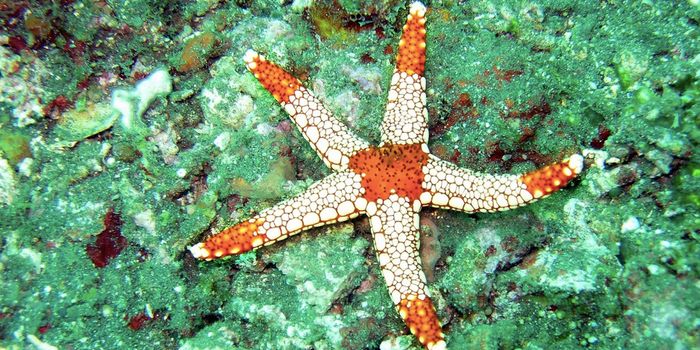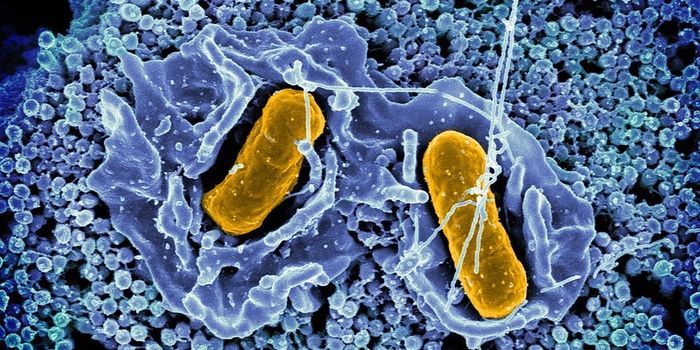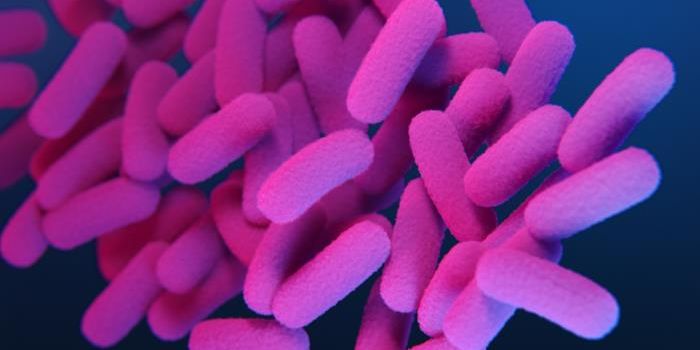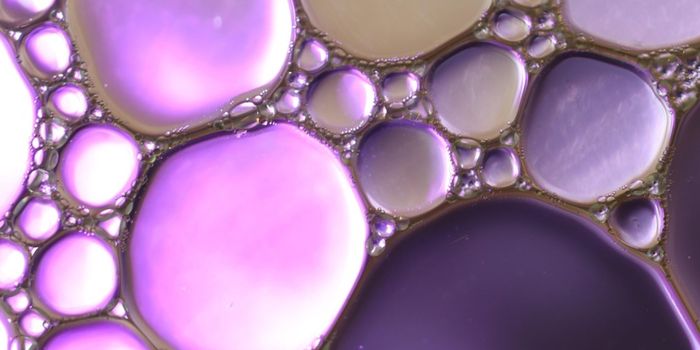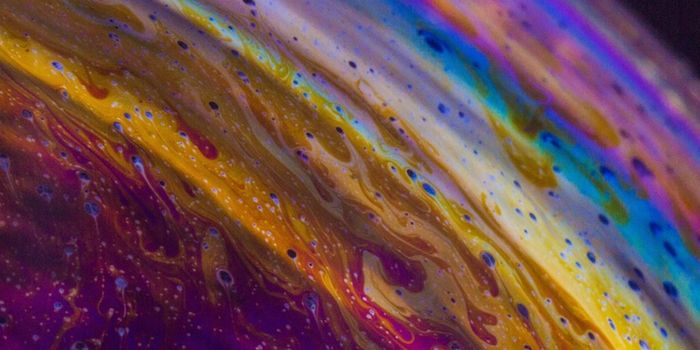How Cow Stomachs Might Help Us Reduce Plastic Waste
Plastic is a long-lasting material that has many uses, which has led to a proliferation of plastic packaging that is polluting our planet. While its extreme durability has given it many advantages and applications, that also means it's difficult to get rid of once we're done with it. Single-use plastics may be convenient, but they are causing serious harm to the planet, and they can be found in many animals because tiny bits of it called microplastics have entered the food chain.
One potential solution to the accumulation of plastic is recycling, but there are many kinds of it and they can't all be recycled together, and some plastics cannot be recycled. Many countries have reduced the amount of plastic trash they're willing to take on. Not much plastic actually gets recycled - it's estimated that about 9 percent of all plastic that is generated ends up being recycled.
Microbes may be another solution. If we can identify microorganisms that can metabolize the chemicals that compose plastic, we may be able to use them to start eliminating our plastic problem. Scientists have identified microbes that can break plastic down, including some that are found in one of the stomachs of cows. The findings have been reported in Frontiers in Bioengineering and Biotechnology.
Plant polymers get digested in the four stomachs of cows, one of these stomachs is called the rumen. It seems that microbes that live there can digest some kinds of plastic.
"A huge microbial community lives in the rumen reticulum and is responsible for the digestion of food in the animals, so we suspected that some biological activities could also be used for polyester hydrolysis," explained Dr. Doris Ribitsch of the University of Natural Resources and Life Sciences in Vienna.
Some plastics are polyesters, like polyethylene terephthalate (PET or PETE). In polyester hydrolysis, these compounds get broken down. Since the microbes could perform this reaction, the researchers suspected they would be able to degrade plastic.
The investigators got samples of the liquid in rumen from an Austrian slaughterhouse, and then incubated that liquid with three types of plastic: PET, PBAT (polybutylene adipate terephthalate, sometimes used in plastic bags), and PEF, (polyethylene furanoate, made from natural sources).
The scientists determined that all three plastics were broken down by the liquid rumen. Samples of the plastic in powder form were degraded more quickly than plastic films. The rumen liquid seemed to be more efficient at dealing with plastic than colonies of a single type of microbe; the researchers suggested that a combination of microbial enzymes, instead of one from a single type of microbe, was making a difference.
Unfortunately this work is only being tested, and has not been used in natural conditions yet. But the researchers noted that rumen is easy to obtain in large quantities because of agriculture so it could be scaled up. However, Ribitsch acknowledged that microbial research can be expensive and cost-prohibitive. Hopefully, we'll soon be able to utilize some methods like this one to reduce plastic waste in the environment.
Sources: Frontiers, Frontiers in Bioengineering and Biotechnology


